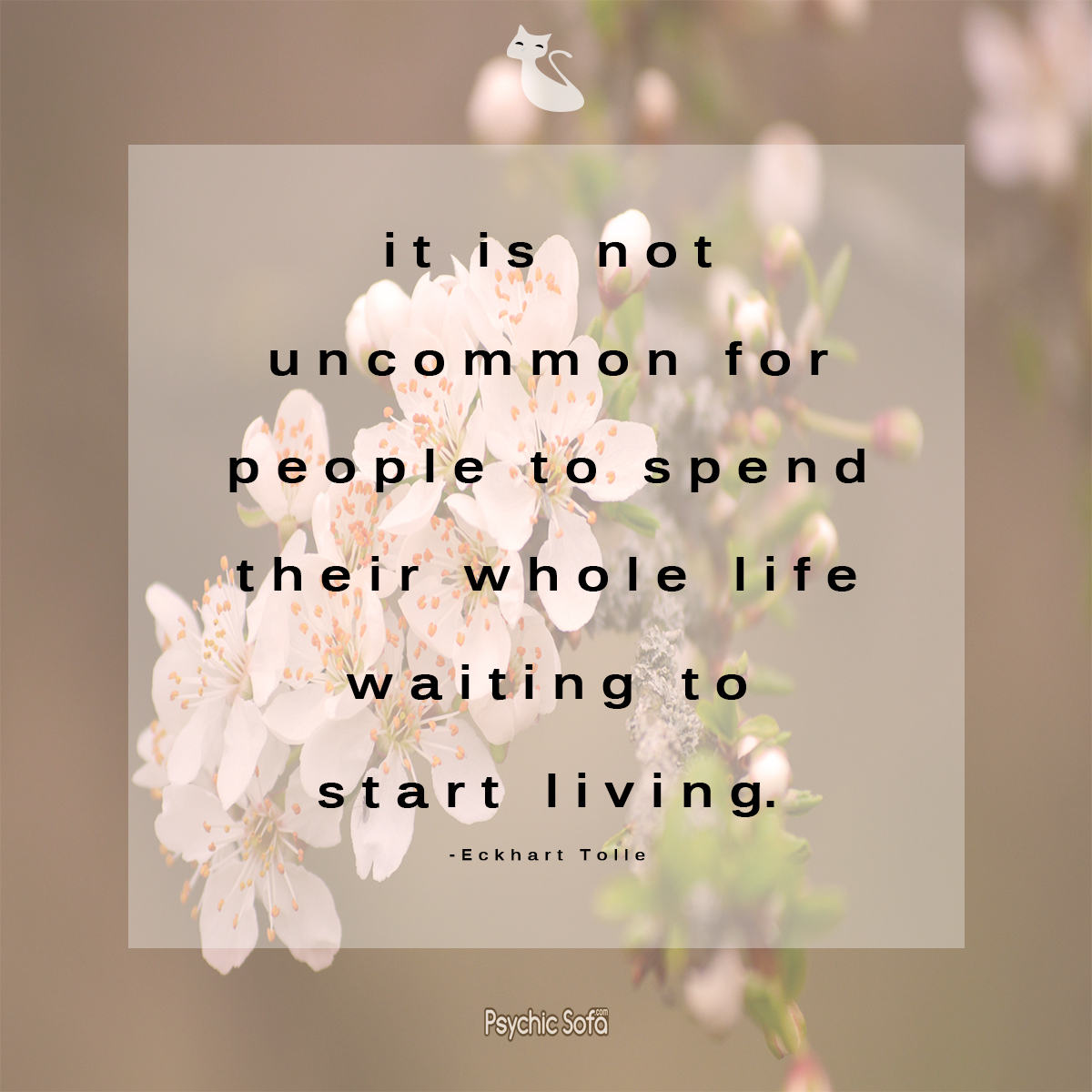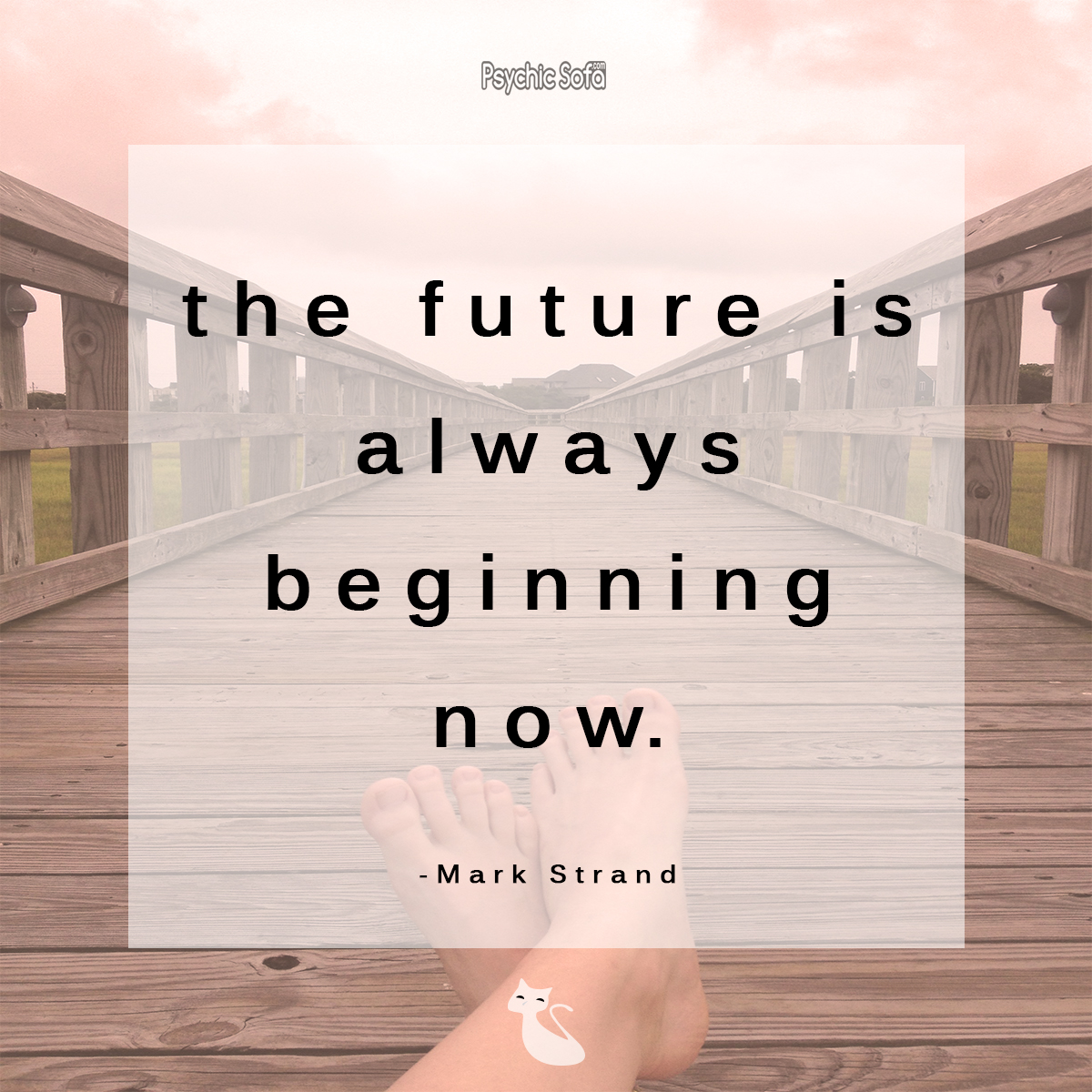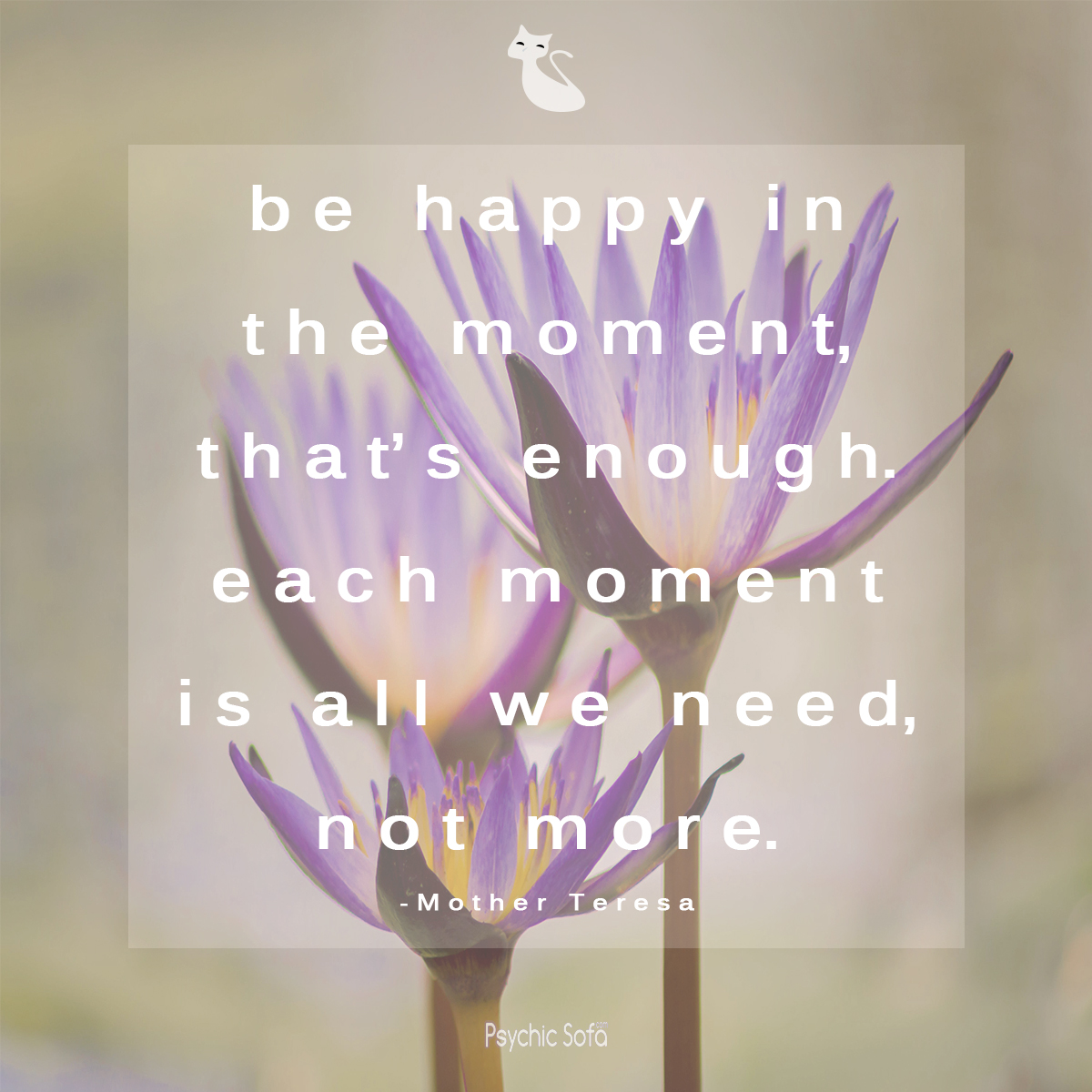The Importance Of Now
A look at how mindfulness can change our lives and answer the important question, "how can I live in the now?".

Our lives are full of distractions. Be it with our own situations or the lives of others, we constantly look to the past or focus on the future rather than living in the now. And try as we might, this rut seems harder and harder to shift. But has it gotten to the point of no return?
In an age where beautiful moments are being overshadowed by anxiety and cynicism, people are finally starting to ask the question, “how can I live in the now?”
Well, let me tell you.
“Just breathe.”

It is not uncommon for people to spend their whole life waiting to start living.
- Eckhart Tolle
Life is created in the present. Yet this moment with all its influence and power needs constant nurturing and attention for it to be truly realised - and for the most part it isn’t. In our modern age, it is time itself that is seen as a commodity. We are so focused on time that we are losing it simply by thinking about it. And it is in this state of absence from the present where our problem of being unable to live in the moment occurs.
Living in the moment – also called mindfulness- stems from the practice of gaining greater awareness of our own thoughts and feelings through the concentration on the world around and within us. Creating this state of deliberate attention on the present allows you to take a step back from the noise and static of your own mind, and lets you observe these internal processes for what they truly are - thoughts. Nothing more, nothing less.
We are not our thoughts. They do not govern us; they do not dictate who we are, how we feel or what our life will be in a few years time. By practicing mindfulness you can learn to let go and live from moment to moment without fear of the future or past. For in this headspace, the time is now. Mindfulness allows you to be with your thoughts in peace and awakens your decluttered mind to the power of current experience. Compassion and curiosity are key.

The future is always beginning now.
- Mark Strand
The act of nonjudgmental awareness is well rooted in various traditions such as Buddhism, Taoism as well as Native American traditions. Here mindfulness is at the core of reality. These are the ways that bind us to the here and now and truly let us explore our world. And guess what? Western science is also adopting the practice! According to a recent study, the practice of mindfulness works just as well as antidepressants when trying to prevent relapses of depression and is now actively being used as a therapy treatment with great success. On top of this, mindfulness can reduce stress, lower blood pressure and even boost immune functioning. All by focusing on the power of now.
“So, where do I sign up?”
While the act of mindfulness may not come naturally to many, with a little patience and persistence you can be as Zen as a Buddhist monk in no time. Here are some tips on how to incorporate mindfulness into your daily routine.
Breathe
This is where it all begins. Mindfulness is based upon peace, and our breath is measurement of that. A calm breath is a calm mind. Through the practice of mindful breathing your attention is brought to the present, with sole focus placed upon each breath. Mental discourse stops, and the past and future no longer bother you. In the words of meditation master Thich Nhat Hahn:
“Breathing in, this is my in-breath. Breathing out, this is my out-breath.” - Thich Nhat Hahn
Stop multitasking
This used to be my downfall. While on the one hand multitasking is a great skill to have, it is also the enemy of focus and stops us from living in the present. Multitasking divides our attention and often leads to more errors being made.
Once I learnt about mindfulness, I started to be proactive in its use and apply it to my everyday routine. Instead of dividing my attention between a whole range of things, I focused solely on one. With my attention honed in, I actually found that my mind wasn’t straying off task as much and I got things done quicker. I could remember things faster and I no longer felt burdened by the idea of deadlines.
Let your mind wander
“A wandering mind is a HAPPY mind.”
Contrary to belief, happiness can be found in a wandering mind – if it is practiced mindfully. While constantly finding that your mind is wandering off task can be detrimental to living in the moment, having a busy mind can also make you more aware of it. People who practice mindfulness become more alert to when their mind has strayed, and as consequence can calmly, lovingly bring it back to the now.
Accept

Be happy in the moment, that's enough. Each moment is all we need, not more.
- Mother Teresa
Emotions can be a tricky thing. They’re up and they’re down, and sometimes we just can’t help it. Mindfulness teaches us that it’s okay to feel whatever we feel. There is no need to resist or control it. By focusing on the positives you cannot see the benefits that something else may bring, which is counterproductive to our own happiness. Instead, mindfulness teaches us to accept. Yes, bad things happen but good things do too. By keeping our minds balanced our emotional wellbeing shines.
Submit A Comment
Create a Psychic Sofa account today!
Join the Psychic Sofa Community Today and get access to:
- Get notified by (FREE) SMS text when a reader becomes available!
- Latest offers and members only exclusives
- Add favourite readers to your profile



Comments
No comments have been made yet